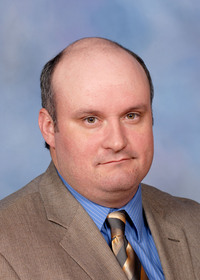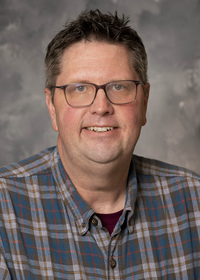Information Possibly Outdated
The information presented on this page was originally released on October 16, 2014. It may not be outdated, but please search our site for more current information. If you plan to quote or reference this information in a publication, please check with the Extension specialist or author before proceeding.
MSU Extension Forestry wins a national award
MISSISSIPPI STATE -- Longtime outreach efforts by the Mississippi State University Extension Service’s forestry department received significant attention when it won a national award.
MSU Extension Forestry won the 2014 Family Forests Education Award presented by the National Woodland Owners Association and the National Association of University Forest Resources Programs. George Hopper, dean of the MSU College of Forest Resources, accepted the award Oct. 8 at the Society of American Foresters national convention in Salt Lake City.
“Our Mississippi State faculty were recognized for the work they do to support forest landowners within the state with dedicated leadership,” Hopper said. “We have a truly outstanding faculty and staff in our forestry Extension group, and it is gratifying to see them receive the recognition they so richly deserve.”
The MSU Forestry Extension team includes 14 educators operating from six locations. Team members use traditional educational programs, publications and media to reach and educate as many family forest owners as possible each year.
“In Mississippi, 63 percent of the state’s total land area is forestland. Of this, 88 percent is privately owned, and the majority is made up of individually owned parcels of 100 acres or less,” said James Henderson, associate Extension forestry professor. “Educating private family forest owners about forest management, harvesting, and marketing practices and techniques is essential to the sustainability of forest resources.”
For nearly 90 years, the Extension program of the MSU Department of Forestry has worked to expand forestry knowledge through educational opportunities targeted toward landowners, foresters, loggers, 4-H members and the general public.
Ongoing needs-assessment activities determine what topics are covered in programming efforts. Team members make educational decisions annually on a county-by-county basis. Recent landowner educational programs addressed marketing timber, cost-share programs, intergenerational transfer of land, and selling mineral rights to oil and gas companies.



